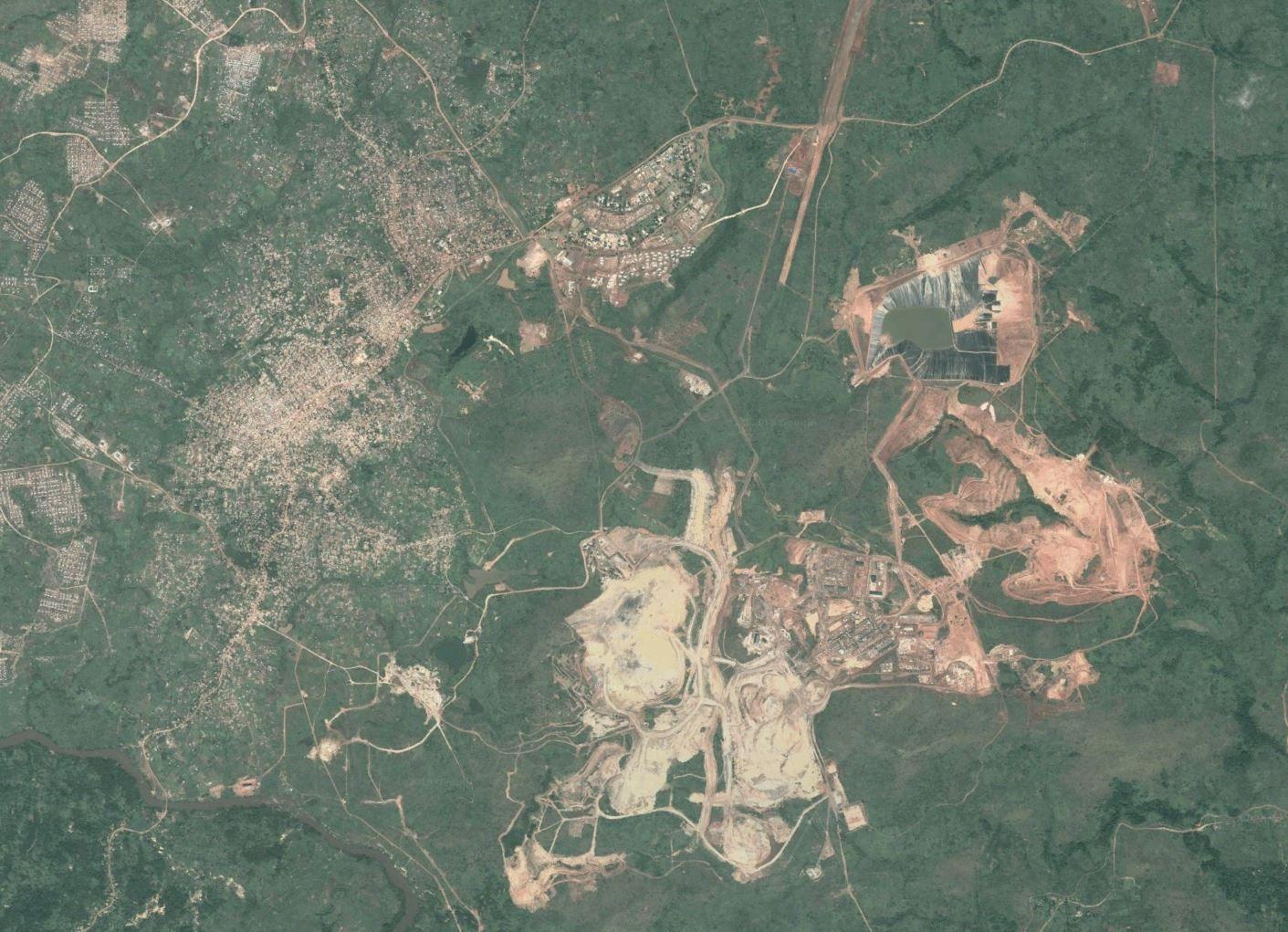Health impact assessment for engaging natural resource extraction projects in sustainable development in producer regions (HIA4SD)

The development and operation of natural resource extraction projects (e.g. minerals, metals, oil and gas) affects public health, ecosystems and societies in producer regions. The HIA4SD project intends to analyse the conditions under which impact assessments are an effective regulatory mechanism to engage natural resource extraction projects in working towards the health-related targets of the SDG 2030 Agenda.
About the project
Background
Extractive projects have considerable potential to strengthen local health systems and improve people's wellbeing in the areas where they are implemented. The past has shown, however, that adverse impacts on health determinants (e.g. local health systems, access to water and sanitation, food availability) and health outcomes (e.g. HIV/AIDS, vector-related diseases, non-communicable diseases) often prevail. Currently, we have only a fuzzy understanding of interactions between natural resource extraction projects and health systems, including economic considerations and observed health impacts.
At the regulatory level, impact assessments are typically used to identify and mitigate negative externalities. To this end, all countries worldwide are legally required to conduct environmental impact assessments (EIA) prior to constructing a large infrastructure project. Yet, despite its universal application, environmental outcomes caused by large infrastructure projects differ widely; the execution of EIA in itself does not seem to be sufficient to guarantee the minimization of negative environmental externalities. In the area of health, the use of specific health impact assessments (HIA) is less common. Currently, no country in Africa actively promotes HIA, let alone regulates it. Existing evidence on the strengths and limitations of the institutional framework and capacity for impact assessments in general and HIA in particular is scarce in African countries.
A better understanding of the links between resource extraction and health impacts on one side and of the framework conditions that determine the effectiveness of health impact assessment on the other side, allows for the design of policy measures that can more actively engage natural resource extraction projects in sustainable development.
Objectives
The overarching objective of the HIA4SD project is to conduct research – complemented by a strong capacity building component – that will inform and facilitate a policy dialogue for strengthening the application of impact assessment as a regulatory mechanism to: (1) avoid negative effects of natural resource extraction projects on public health; and (2) actively engage natural resource extraction projects – and any other large infrastructure developments – in the SDG 2030 Agenda and, thus, development in Africa.
The research phase of the project (Phase I, August 2017 – July 2020) aims to generate a sound evidence-base at the national and local levels on the strengths and limitations of current impact assessment practice in engaging natural resource extraction projects to work towards health-related SDG targets. For this purpose, in four African countries, we will: (1) analyse institutions, policy, regulations and the political economy of the current setup for health in impact assessment; (2) evaluate impact at the national level of past and ongoing natural resource extractive projects on health-related SDG targets; and (3) assess health systems and socioeconomic factors at district level, to determine how natural resource extraction projects interact with and affect local health systems. In the communication and application phase of the project (Phase II, August 2020 – July 2022), the research results will then be used to facilitate national and international policy dialogue on how to amend the current governance architecture in a way that makes full use of impact assessments as a regulatory mechanism to support producer regions in working towards the SDG 2030 Agenda.
Relevance
The HIA4SD Project seeks to be part of the solution to the global problem of unsustainable extraction of natural resources, which includes adverse impacts on public health, ecosystems and societies in producer regions. The project is expected to strengthen the application of impact assessment as a regulatory mechanism to engage natural resource extraction projects in working towards the SDG 2030 Agenda. This will be achieved through (1) negotiations about health impacts of resource extraction that are informed by evidence; (2) increasing awareness among a broad set of stakeholders about the importance of specifically addressing health in impact assessment; and (3) establishing excellence in HIA in the African region.
The anticipated impact of the project on public health, health systems, other public services and information flows will benefit poor segments of the population and promote (health) equity in producer regions in Africa. The direct beneficiaries will be the general population and vulnerable people in areas affected by natural resource extraction projects. The impact of the project also extends to the general population in project partner countries through strengthened health systems, cost savings for health systems, additional funds potentially becoming available from natural resource extraction projects for working towards the SDG 2030 Agenda, and more transparency and accountability. Finally, the transnational component of the project might trigger similar processes of transformation in other countries in Africa and beyond, and will thus further expand the radius of potential beneficiaries.
Geographic scope
- Burkina Faso
- Ghana
- Mozambique
- Tanzania
Project website and links to P3
- Link to project website
- Links to project phase 1 (2017-2020) and to project phase 2 (2020-2023) on SNSF research database P3
